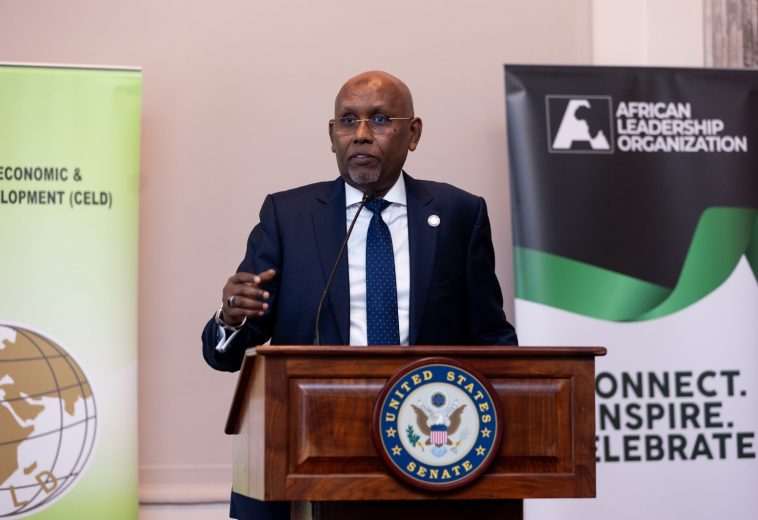Echoing last year’s expulsion of French forces, Niger has severed military ties with the United States, signaling a seismic shift in regional geopolitics. The departure of American troops, alongside the embrace of Russian military assistance, proves Niger’s recalibration of its strategic partnerships and its stance against perceived Western interference.
The United States acquiescing to Niger’s request for the withdrawal of U.S. troops was a move previously resisted by the Biden administration. This decision, reached in a meeting between Deputy Secretary of State Kurt Campbell and Niger’s Prime Minister Ali Lamine Zeine was a detour from Washington’s counterterrorism strategy in the region.
The withdrawal agreement, initiated by Niger’s request, signals the end of a U.S. troop presence exceeding 1,000 personnel and raises questions about the future of a $110 million U.S. air base established just six years ago. The development follows the 2023 military coup which ousted Niger’s democratically elected government and led to the installation of a junta declaring America’s military presence “illegal.”
The suspension of the military accord with the US, coupled with the welcoming of Russian military instructors, marks a definitive departure from Niger’s former alliances. This move not only mirrors neighboring Mali and Burkina Faso’s rejection of French and European troops but also aligns Niger with a growing trend of seeking alternative security partnerships beyond traditional Western allies.
The withdrawal of US troops, once a key presence in Niger’s fight against armed groups in the Sahel, is emblematic of the nation’s evolving political system under military rule. The decision reflects both governmental and popular sentiment, as evidenced by the recent protests demanding the exit of American forces from Nigerien soil.
With the departure of Western forces, including the withdrawal of French troops last year, Niger, Mali, and Burkina Faso are pivoting towards Russia for military cooperation. The influx of Russian military trainers and equipment signifies a new chapter in Niger’s security dynamics, with Moscow seeking to expand its influence in the region.
READ ALSO: Addressing Corruption through Effective Leadership in Nigeria, Kenya, Egypt and South Africa
However, amidst these geopolitical shifts, concerns linger regarding the potential ramifications of increased Russian presence in Niger. While the move may bolster the nation’s security apparatus in the short term, there are apprehensions about the long-term implications, including the establishment of foreign military bases and entanglements reminiscent of past colonial occupations.
Security in the Sahel extends beyond military considerations, encompassing the region’s role in transnational issues such as drug trafficking. As evidenced by the significant increase in cocaine seizures, the Sahel has emerged as a crucial corridor for illicit activities, highlighting the multifaceted challenges facing the region.
The departure of American forces from Niger and the subsequent embrace of Russian military assistance signal a profound geopolitical realignment in West Africa. While these developments offer opportunities for new security partnerships, they also raise questions about the region’s future trajectory and the potential consequences of shifting alliances on stability and sovereignty.


